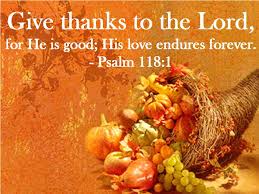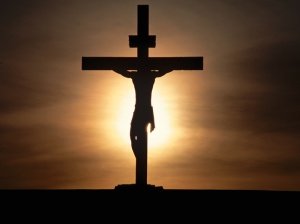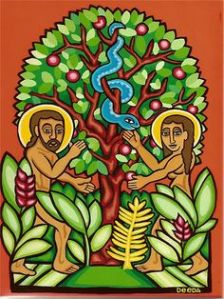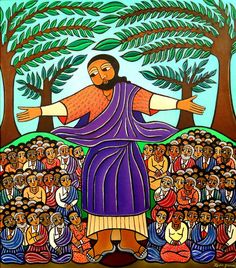 Preached as part of a community Interfaith Thanksgiving Service on November 18, 2018.
Preached as part of a community Interfaith Thanksgiving Service on November 18, 2018.
It is SO good to be here. To gather together as a community to give thanks for all of our blessings.
But I must confess that my heart is also heavy with the struggles and pain of so many in our country and around the world.
California wildfires. Shootings in Thousand Oaks, California; Pittsburgh, Pennsylvania; and Jeffersontown, Kentucky. 68.5 million refugees worldwide last year alone – a person displaced every TWO seconds. The Center for Food Action in Englewood put out an urgent appeal this week that they’re about 1,800 turkeys short of their goal in helping the hungry celebrate Thanksgiving.
Tragedies worldwide and local, combined with our current toxic political back and forth, weigh on my mind.
Some might say “turn it off” even if only for the day. But the thing is, there are many people who don’t have the luxury to turn it off.
How can we tell our Jewish friends to turn off their fear at the rising anti-semitism in our culture? How can we tell our African American friends to turn off their fear of racism?
How can we relax and nap after turkey, when thousands of first responders will have NO day off from fighting fires and tending the wounded?
How can we tell our hungry friends who will have no turkey on Thursday “don’t worry, be happy?” How can we celebrate a national day of thankfulness in the midst of a time when so many in our nation and community, and even the world, are struggling?
I think what we need to do is recapture its origins.
Celebrated on and off since our country’s inception, it was Abraham Lincoln, in the midst of the CIVIL WAR in 1863, who proclaimed a day to give thanks for our blessings, and to repent of our individual and national sins.
And we’ve been marking this day ever since. Except we mostly have forgotten the repentance part. Perhaps it would be a good idea to reclaim that.
We like to think of the Pilgrims and Indians peacefully eating together as a Thanksgiving image – and some of that may be true. But it wasn’t a national yearly holiday until we were in the middle of a terror that almost split our nation in two.
Thanksgiving proclaimed when there was brother against brother, north against south, widows and orphans on both sides.
Good grief. What was Lincoln thinking proclaiming a day of Thanksgiving in the midst of all that?
I don’t know what was in Lincoln’s mind, but I can tell you what I get out of it.
It reminds me that even in the midst of personal or communal turmoil – actually PRECISELY in the midst of it – it is our calling to give thanks for what we DO have, to ask forgiveness for the times we’ve done or thought wrong, and to seek God’s guidance for how we can do better.
Thanksgiving, if we let it, can be a time to pause and re-center. A time to regain our focus on what’s important to us as individuals and as citizens. A time to celebrate the wonder that is the United States. A time to give thanks for the harvest, for our friends and families, for our civic, social and religious communities.
And it is also a time to pledge that we will not be lazy in using the power we have to make our families, community, state and country a better place. To remember that the hope of our country is in freedom and equality for ALL people and that each one of us has a solemn responsibility to make sure that’s lived out.
All the cliches are right. From the golden rule held precious in many faiths, to love our neighbors as ourselves, to the classic song line, “let there be peace on earth, and let it begin with me,” or Michael Jackson’s “Man in the Mirror:” “If you want to make the world a better place, take a look at yourself then make a change.”
It is true, there is a lot of unrest in our society and around the world right now. A lot of our neighbors near and far are struggling against violence, inequality and natural disasters.
In our reading from Deuteronomy (26:1-12), we are told to bring God the first fruits, not the leftovers of our bounty. To remember our neighbors, and even the strangers that reside among us.
Let us heed the call to remember God’s place in our lives – putting God front and center instead of on the back burner. And also the call to care for each other, to find ways, big and small, to reach out where we can to help one another – not just with prayers, although prayer is certainly important – but with concrete actions.
As Pope Francis has said, “You pray for the hungry. Then you feed them. This is how prayer works.”
We are SO lucky, you and I, to live in a place where freedom and equality are the ideals.
Thanksgiving is a perfect time to celebrate this, and a time to commit ourselves, in the spirit of our founding fathers, to make it a “more perfect Union” for ourselves and generations yet to come.
AMEN.






